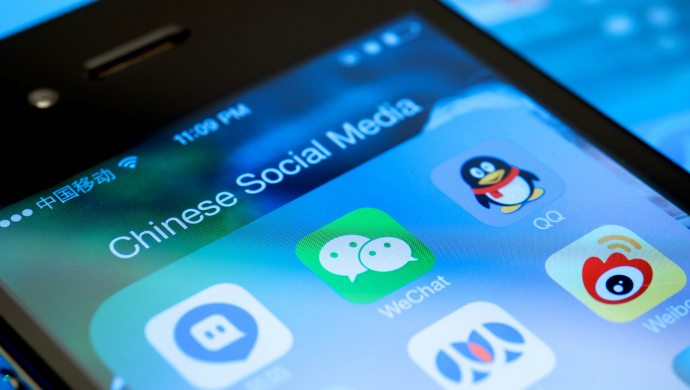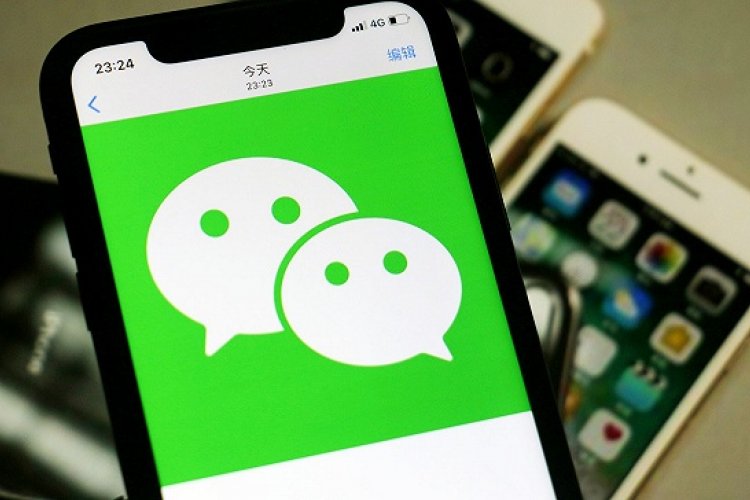WeChat Promises to Clean Up Content as Beijing Tightens Crackdown
Chinese social media giant WeChat has pledged to strengthen its self-censorship over sensitive, pornographic, vulgar, and clickbaity content as well as rumors and plagiarism on WeChat self-media account amid the ongoing “eliminating porn and fighting illegal publications” campaign.
The ongoing campaign, spearheaded by the National Office Against Pornographic and Illegal Publications since April this year, is part of the country’s efforts to fight against illicit cultural content and to foster a “positive” and “healthy” cultural environment.
Pornographic content on mobile applications, cultural content for children and media and publication wrongdoings are the main targets of the campaign, which lasts to November this year.
As opposed to traditional journalism, self-media, or “自媒体 zì méitǐ” in Chinese, are usually run by individuals who post through social media accounts on WeChat, Weibo or other smaller ones. Diversified opinions and varied reporting styles have soon made the form popular among Chinese readers. On WeChat alone, there were 3.5 million self-media accounts in 2017.
However, self-media has long been questioned for spreading misinformation as well as pornographic and vulgar contents due to their less-than-rigorous editorial process and the pursuit of page views.
The relevant authority has cracked down on over 9,800 self-media accounts since Oct 20. The administration has summoned senior executives of China’s top social media platforms including WeChat and Weibo for a face-to-face meeting and ordered the companies to take responsibilities in monitoring illicit contents.
A spokesperson from the administration said to local media that they want the stricter approach would become the new norm for self-media publications regulations.
Chilled by China’s tightening crackdown on online content, China’s tech companies are taking a more proactive approach by volunteering to clean up their content before the country’s regulators turn their sights on them.
In addition to social media platforms, content aggregators and video apps are also facing tightening regulation. On Nov 2, two content aggregators, Bytedance’s Jinri Toutiao and Doubao Kuxun, received a temporary suspension of certain services, as well as an unspecified “maximum administrative penalty” for holding vulgar contents.
Read about all the latest tech news and advancements in China right here.
Image courtesy of TechNode








